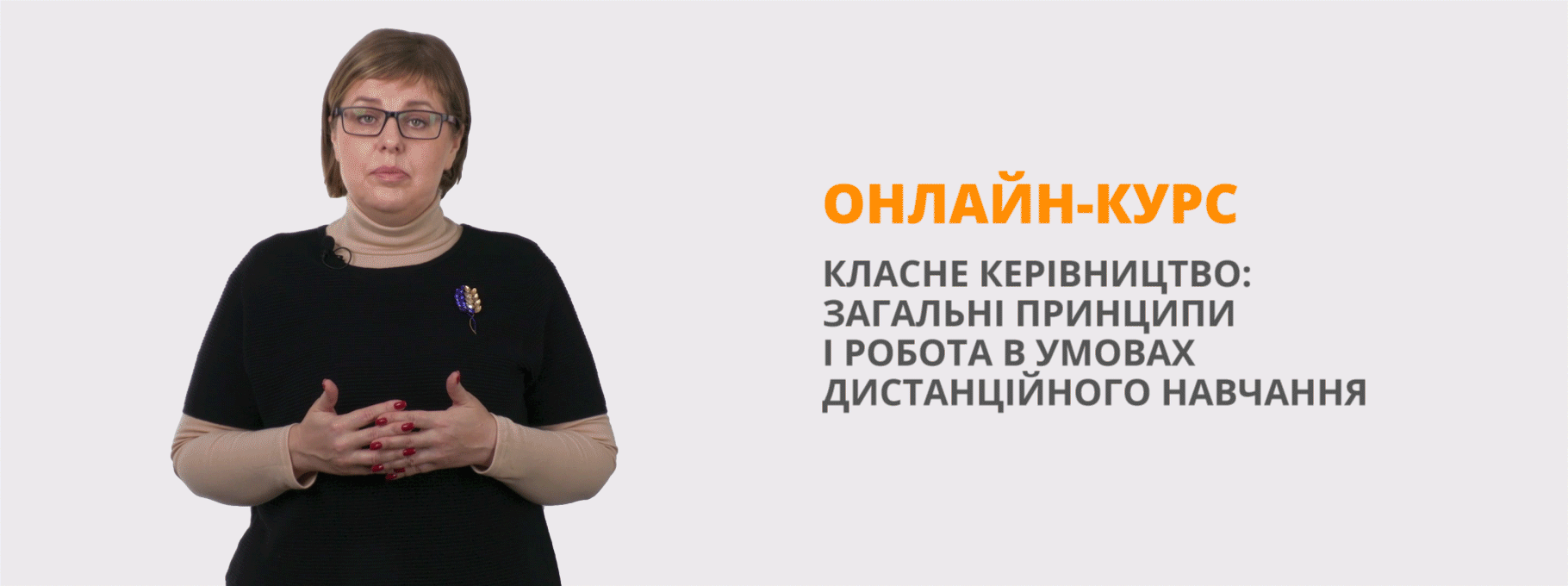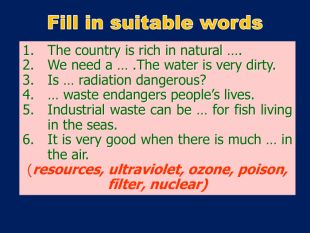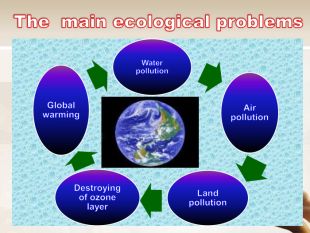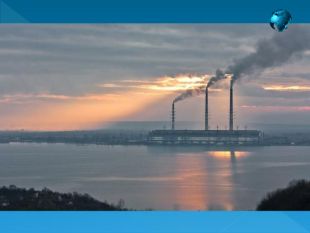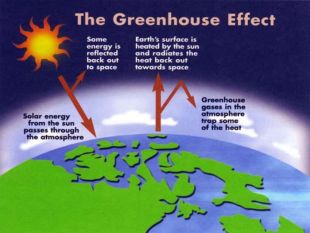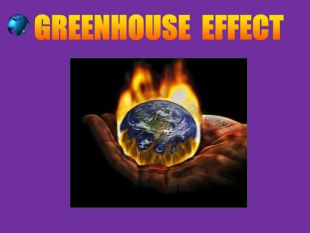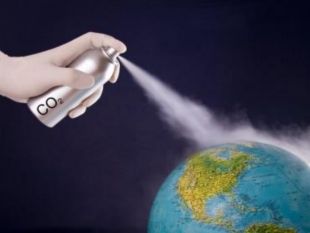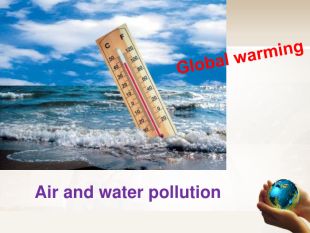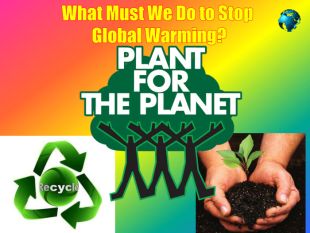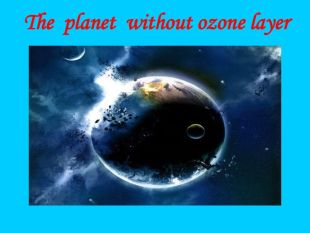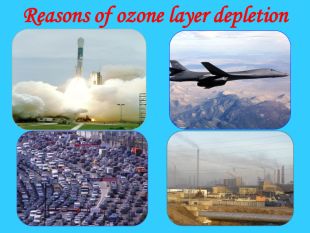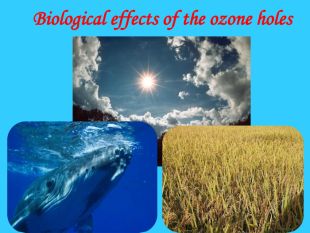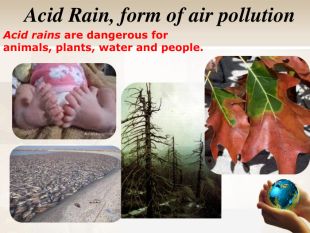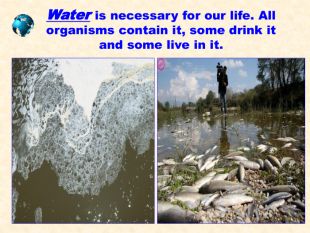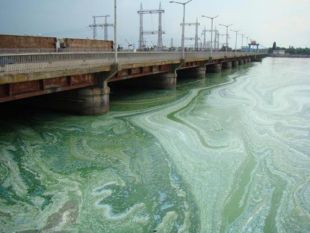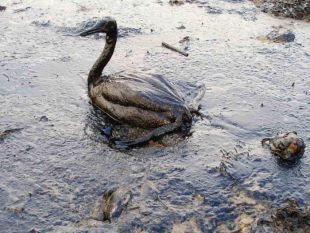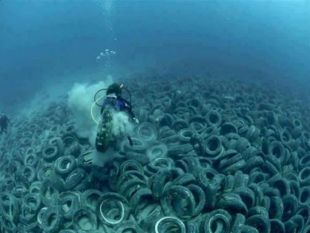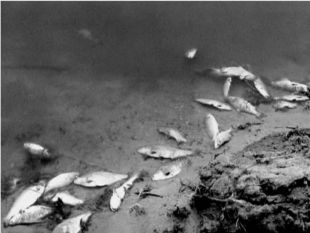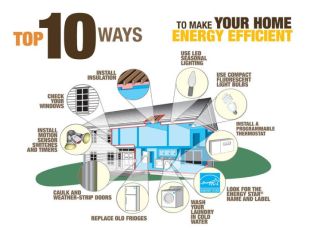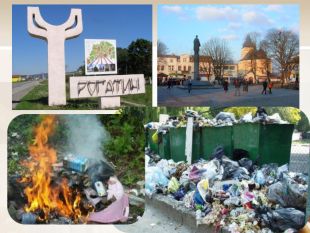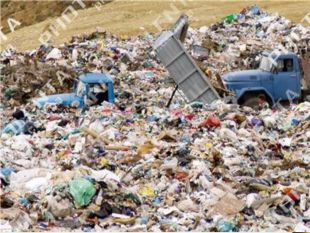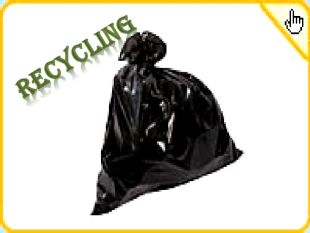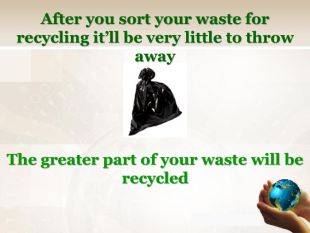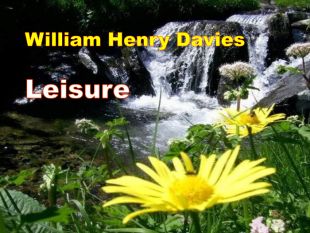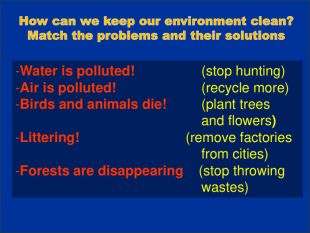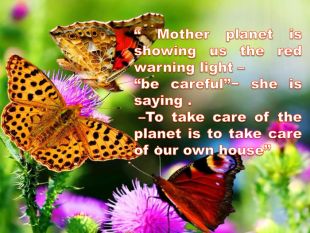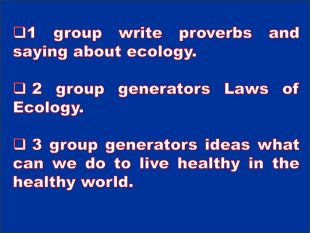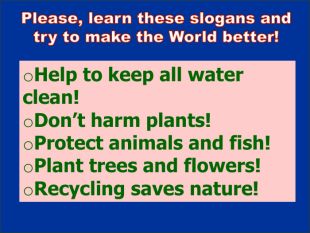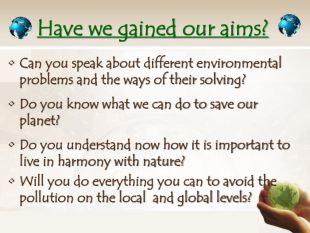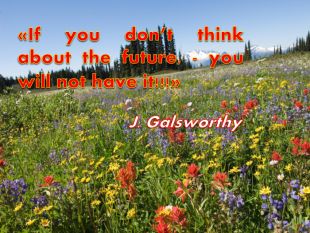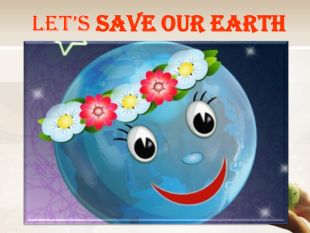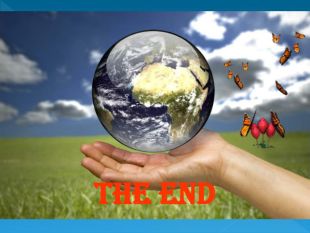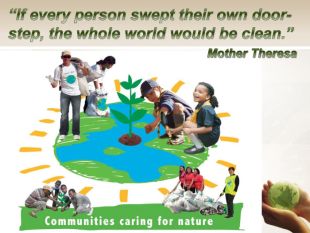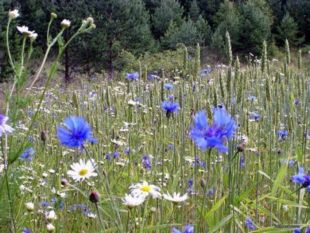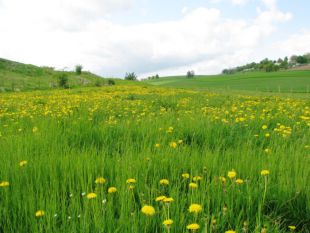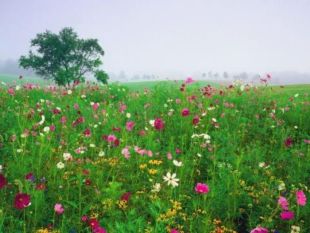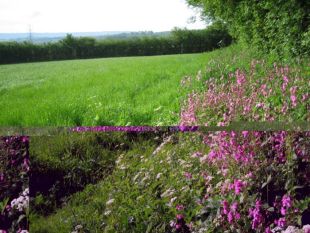«Земля – наш дім. Бережіть її!» (“The Earth is our home. Save it!”)



















































After the lesson you’ll be able tospeak about different environmental problems and the ways of their solving;know what we can do to save our planet ;understand how it is important to live in harmony with nature;do everything you can to avoid the pollution on the local and global levels.
Fill in suitable words. The country is rich in natural …. We need a … . The water is very dirty. Is … radiation dangerous? … waste endangers people’s lives. Industrial waste can be … for fish living in the seas. It is very good when there is much … in the air. (resources, ultraviolet, ozone, poison, filter, nuclear)
Fill in suitable words. The country is rich in natural resources. We need a filter . The water is very dirty. Is ultraviolet radiation dangerous? Nuclear waste endangers people’s lives. Industrial waste can be poison for fish living in the seas. It is very good when there is much ozone in the air.
Trash: some things are not recyclable but they make up a small percentage of what is thrown away. Aluminum is easy to recycle and make into new things. Old clothes can be reused as rags or for art projects. Papers make up 40-50% of landfill space instead of being recycled. Tin can be recycled and quickly made into new things. Glass can be recycled or reused over and over again. Most types of plastic are recyclable. Old food can become compost instead to be trash Old wood can be reused, fixed and given away or used as fuel for fireplace. RECYCLING
Have we gained our aims?Can you speak about different environmental problems and the ways of their solving?Do you know what we can do to save our planet?Do you understand now how it is important to live in harmony with nature?Will you do everything you can to avoid the pollution on the local and global levels?


про публікацію авторської розробки
Додати розробку
